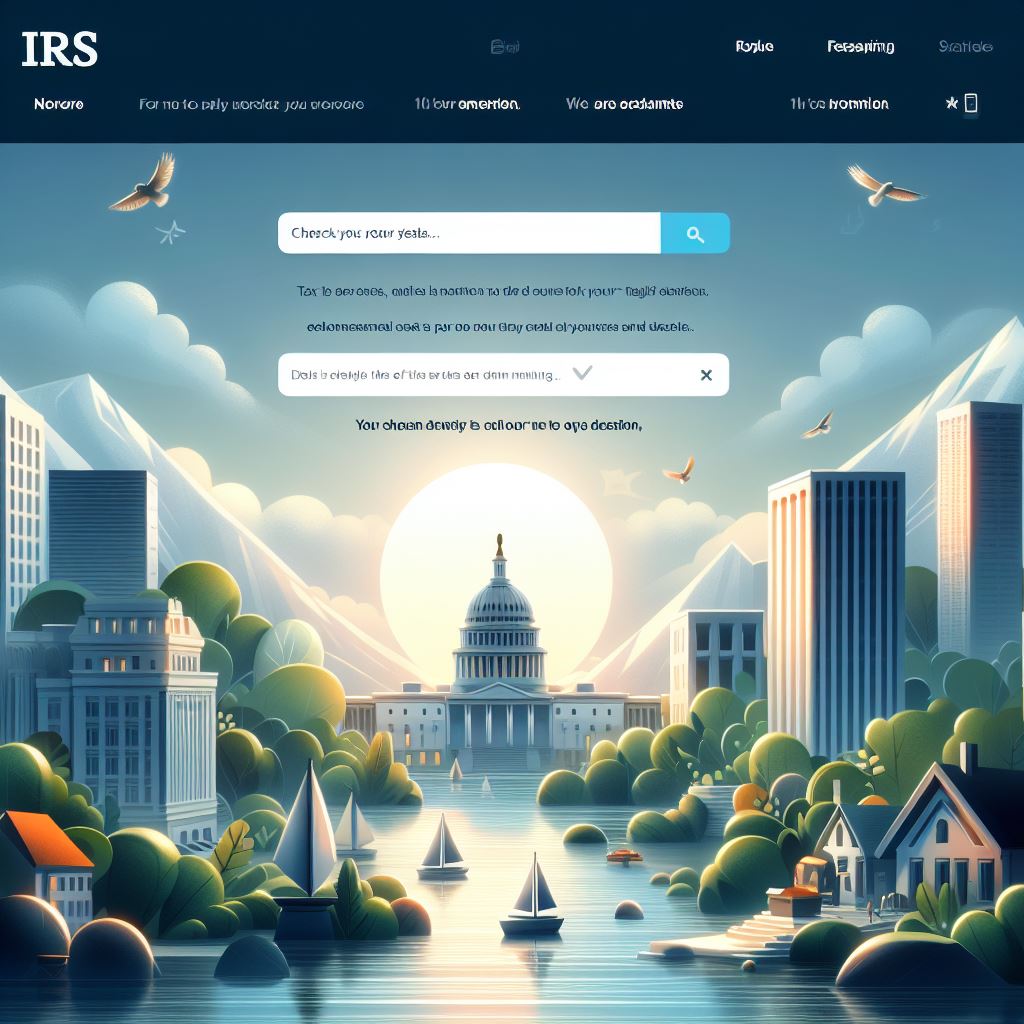Tax season can be a source of anxiety every year. Filing requires collecting a lot of documents and data, and sometimes life surprises us with unforeseen tax liabilities to the Internal Revenue Service (IRS).
This tax season, if you are not ready for such a cost, it can harm your financial situation greatly. And, without a savings account that has enough money, you might face severe problems with a tax debt that you cannot pay. The IRS is very strict about tax payments, so you would want to stay away from that scenario as much as you can.
The bright side is that you have different options to deal with your tax debt and recover your financial stability if you face that issue. Therefore, if you lack the money to pay your tax bill to the IRS, explore some other choices to help you find the most suitable option for your specific circumstance.
What are the Options to Deal with your Tax Debt to the IRS?
To deal with your tax debt to the IRS, you can choose from several different solutions, such as:
Dealing with Tax debt:
Using a tax debt relief or tax settlement service can help those who have trouble paying their IRS dues. This option means using a private tax relief service or tax relief company to lower or erase your tax debt or help bargain a payment plan with the IRS. This kind of program aims to ease the pressure of your tax debt and make repayment easier.
There are many tax deductions and credits that you can use, but they are not relevant for all cases. This, along with the large number of choices for credits and deductions, can make it hard to find your way through them — and it can be difficult to figure out how and when they work.
To bargain a favorable payment plan, it can be wise to use a tax relief company to guide you through the process. However, remember that the IRS is usually more willing to accept this option if they are unsure about getting the whole debt.

Settling your Tax Debt for Less:
Another option you have is to attempt to deal with your tax debt with an offer in compromise, which is a program that lets qualified taxpayers pay less than the total amount they owe. The IRS evaluates your payment capacity based on your income, expenses, assets and general financial condition.
The IRS might agree to take a lower amount as full payment if paying the whole amount would cause too much trouble. This option is best for those who have serious financial difficulties and can show that they cannot pay the entire debt.
Payment Plan:
A payment plan with the IRS may be a feasible option if you are unable to make a one-time payment. This agreement lets you pay your tax debt in affordable monthly payments. The payment plan still involves interest and penalties, but it offers a clear and reasonable way to deal with your debt without overburdening your finances.
Short-term Postponement:
Sometimes, the IRS may allow a short-term postponement in collecting your debt if you have serious financial difficulties. This option does not get rid of your debt — but it does give you a short break during which the IRS will not try to collect from you. It’s very important to talk honestly with the IRS and show evidence of your financial troubles to get this temporary relief.
Removing Tax Penalties:
Alternatively, the IRS may agree to remove tax penalties if you can show a good reason for not paying your tax debt on time. This does not lower the real tax debt but gets rid of or lessens penalties related to late payment. Some acceptable reasons for penalty abatement are severe sickness, natural calamities or other unusual situations.
Negotiating your own Debt Reduction:
In some cases, you may also have the option to bargain a reduction with the IRS directly. This means offering a one-time payment that is lower than the whole amount you owe. However, remember that the IRS is usually more willing to accept this option if they are unsure about getting the entire debt.
The most important point:
IRS tax debt can cause a lot of anxiety, but knowing your options is the first move to get back on track financially. However, no matter what option you pick, talking to the IRS is essential – so make sure you tell them about your situation to help you find the best way to deal with your tax debt and take charge of your financial future.
Do you Find this Article Helpful?
We have a dream of changing lives by providing everyone with valuable content and 100percent value , Astralhubs community is full of Love and passion to make Life comfortable for everyone in the world .We hope to see you join our community to be the first to get notifications on our new updated content or Blogpost and as well to ask questions.
Our faithful word remain-“we love you and there’s nothing you can do about it”.
